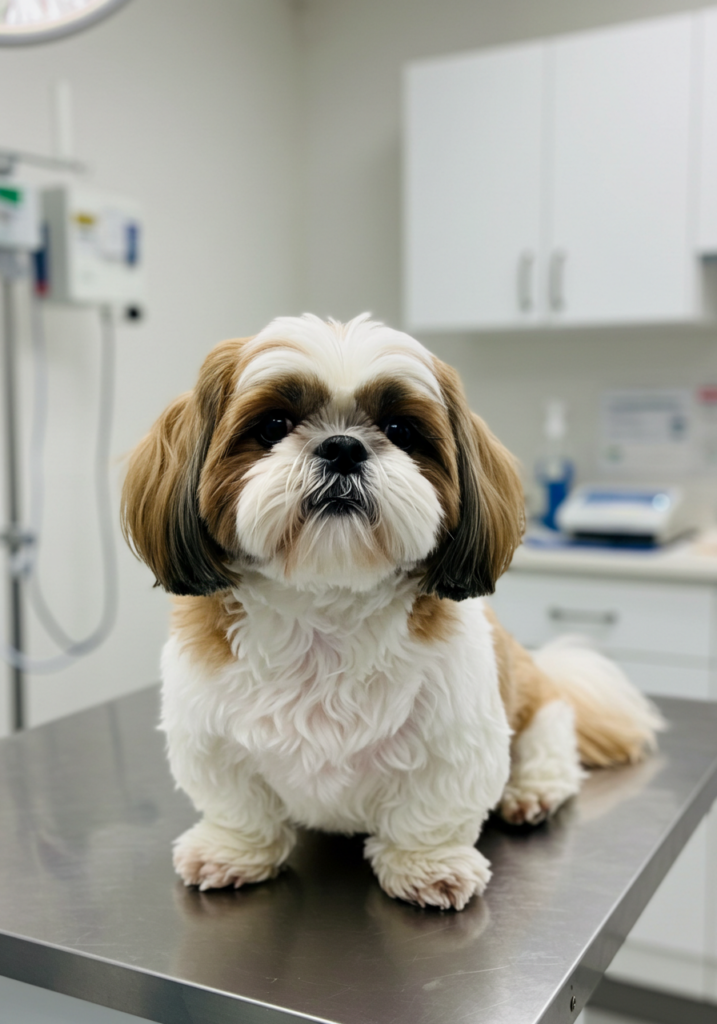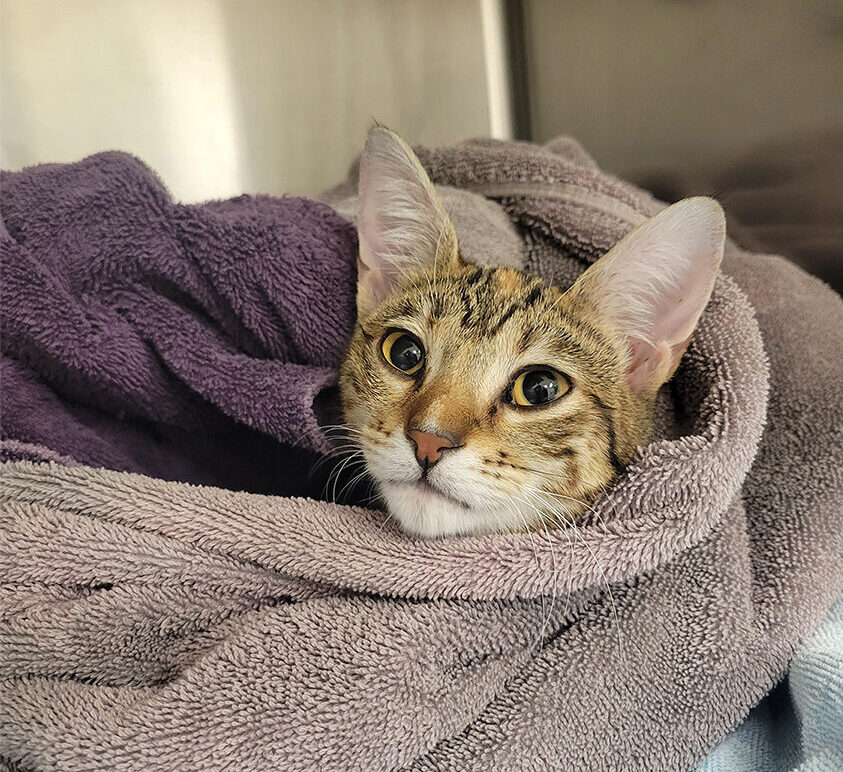Pet Microchipping
A microchip can help prevent your pet from becoming lost forever.
Pet Microchipping
A microchip can help prevent your pet from becoming lost forever.
Losing a pet is a pet owner’s worst nightmare. Microchipping offers a reliable and permanent form of identification that significantly increases the chances of reuniting lost pets with their families. At Animal Hospital of Fort Lauderdale, we offer pet microchipping services for dogs and cats in the Fort Lauderdale area. Getting a microchip gives your companion a higher chance of being returned home safely if they ever become lost.
Collars and tags are great for identifying pets, but they can break off. Your pet may also get out of the house while they don’t have their collar on. Microchipping is a permanent ID for your pet.

Understanding the Microchipping Process
Microchipping is a simple and safe procedure for pets.
The pet microchip process involves implanting a small, rice-sized chip beneath your pet’s skin, typically between the shoulder blades. The microchip contains a unique identification number that can be read by a scanner. This number is linked to a database that stores your contact information, enabling animal shelters and veterinary clinics to identify and contact you if your pet is found. Unlike collars and tags, which can be lost or removed, a microchip provides permanent identification that lasts a lifetime.
Understanding the Microchipping Process
Microchipping is a simple and safe procedure for pets.

The pet microchip process involves implanting a small, rice-sized chip beneath your pet’s skin, typically between the shoulder blades. The microchip contains a unique identification number that can be read by a scanner. This number is linked to a database that stores your contact information, enabling animal shelters and veterinary clinics to identify and contact you if your pet is found. Unlike collars and tags, which can be lost or removed, a microchip provides permanent identification that lasts a lifetime.


The Results of Getting a Microchip
Once your pet’s microchip has been implanted by our team, it must be registered with a microchip registry to link your contact details with the chip number. Please make sure that the information is accurate and that you update your contact details should they ever change.
When a lost pet is found, animal shelters and veterinary clinics can scan the pet for a microchip. The scanner reads the chip’s unique number, allowing staff to access the registry and retrieve the owner’s contact details. With this information, pet owners can be contacted quickly, increasing the likelihood of a happy reunion.

The Results of Getting a Microchip


Pet Microchip FAQs
Microchips do not have GPS capabilities and cannot track your pet's location. They are solely used for identification purposes. The microchip allows animal shelters and clinics to scan and identify your pet and contact you if your pet is found.
Yes! If you move or change phone numbers or e-mail addresses, log in to the microchip registry or contact the registry right away. That way, you can be reached if your pet is lost and then found.
The first thing you need to do is see if the pet has a rabies tag on its collar. If so, the tag should have the phone number of the pet’s veterinarian or the county animal care. Please first call the number on the tag. The reason for this is that the rabies tag will help identify the pet’s owner. Please note: If calling the veterinarian after hours, in most cases, they won’t be able to retrieve the owner’s information until their hospital opens in the morning.
Many pets are now microchipped. You can bring the found pet to our hospital, and we can scan for a microchip and help you determine its owner and how to make contact to return the pet to its owner.


Microchipping for Pets in Fort Lauderdale, FL
Microchipping for Pets in Fort Lauderdale, FL
Come to Animal Hospital of Fort Lauderdale.
Our pet microchipping services provide peace of mind, knowing that your companion has a reliable form of identification if they become lost. Schedule an appointment today to have your pet microchipped! Call us to give your pet a better chance of finding their way back home.
Animal Hospital of Fort Lauderdale provides pet microchipping for cats and dogs in Fort Lauderdale, Oakland Park, Wilton Manors, Lauderdale-by-the-Sea, Lighthouse Point, Pompano, and surrounding Florida communities and beyond.
